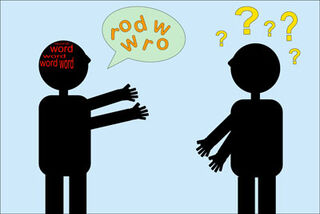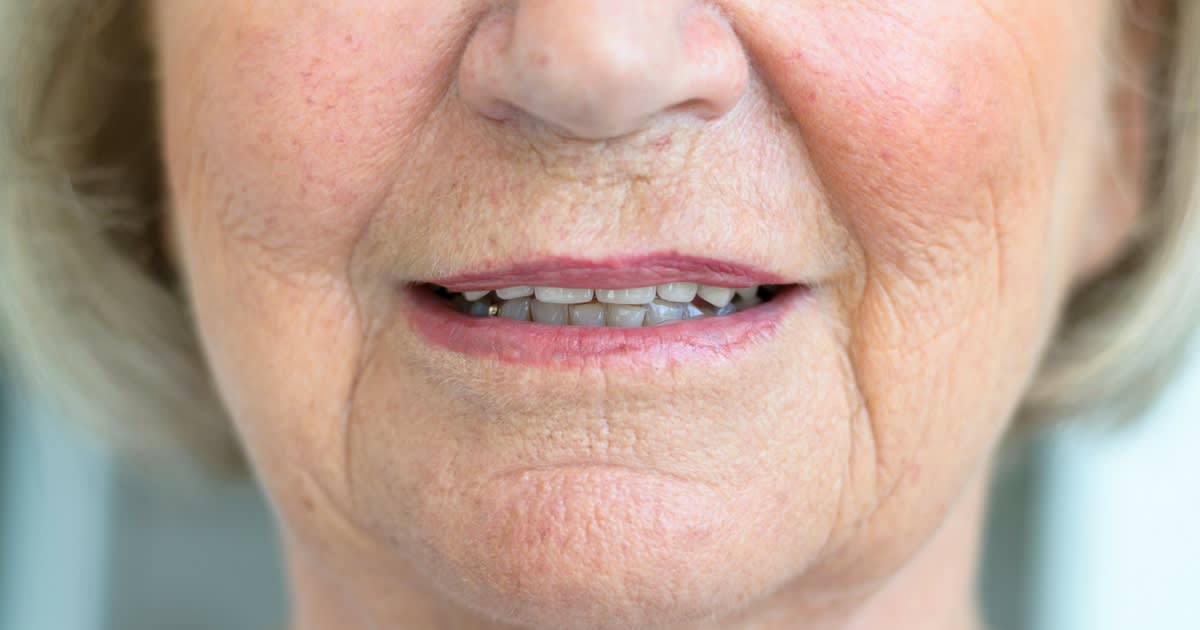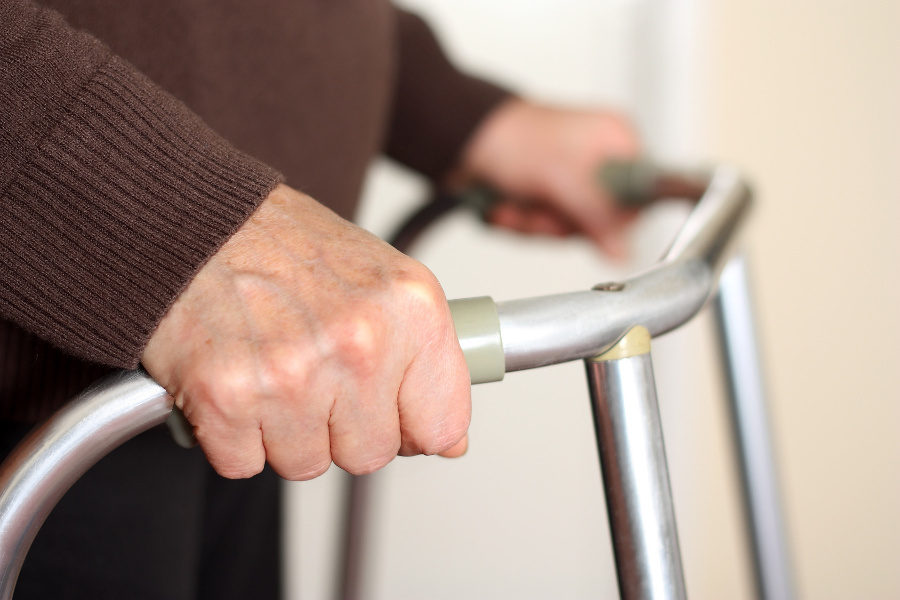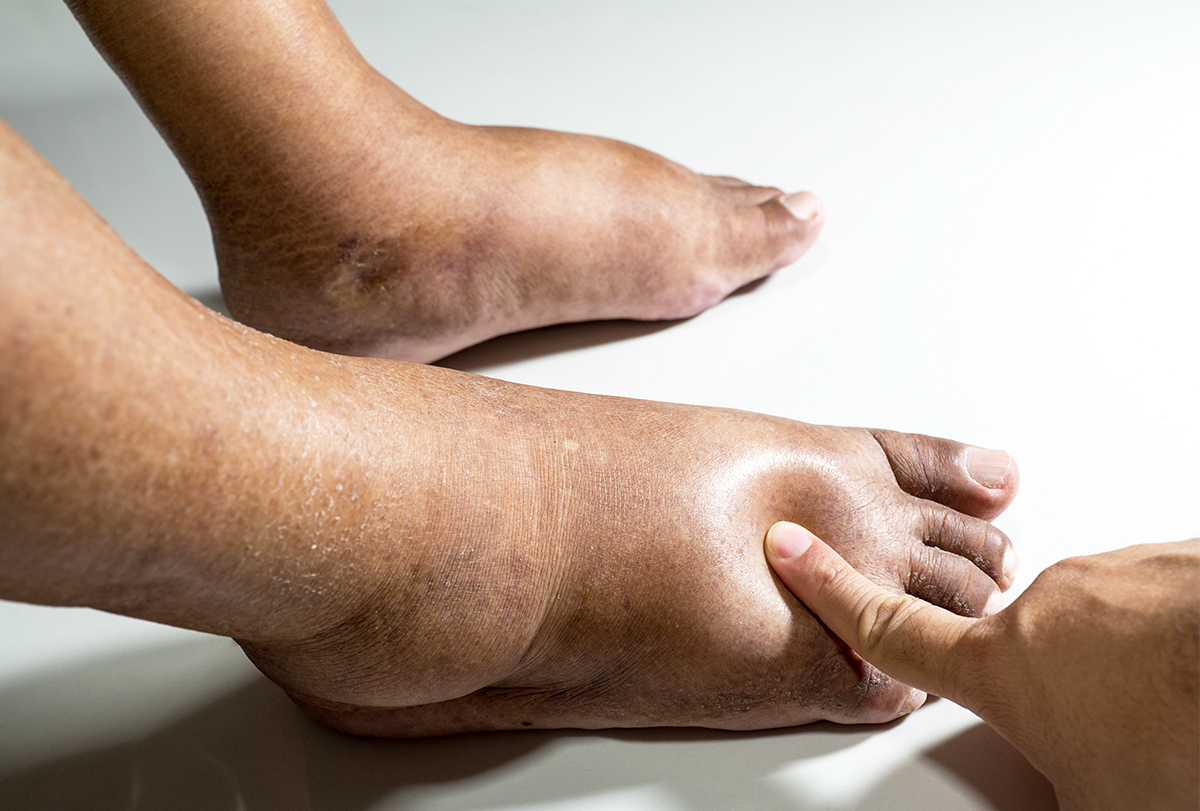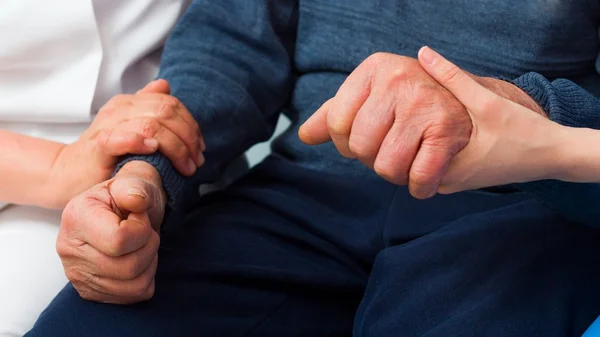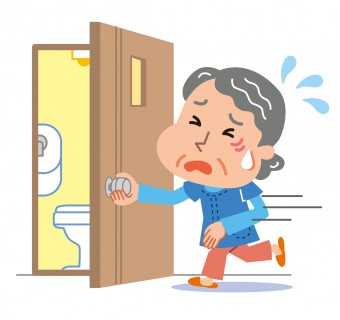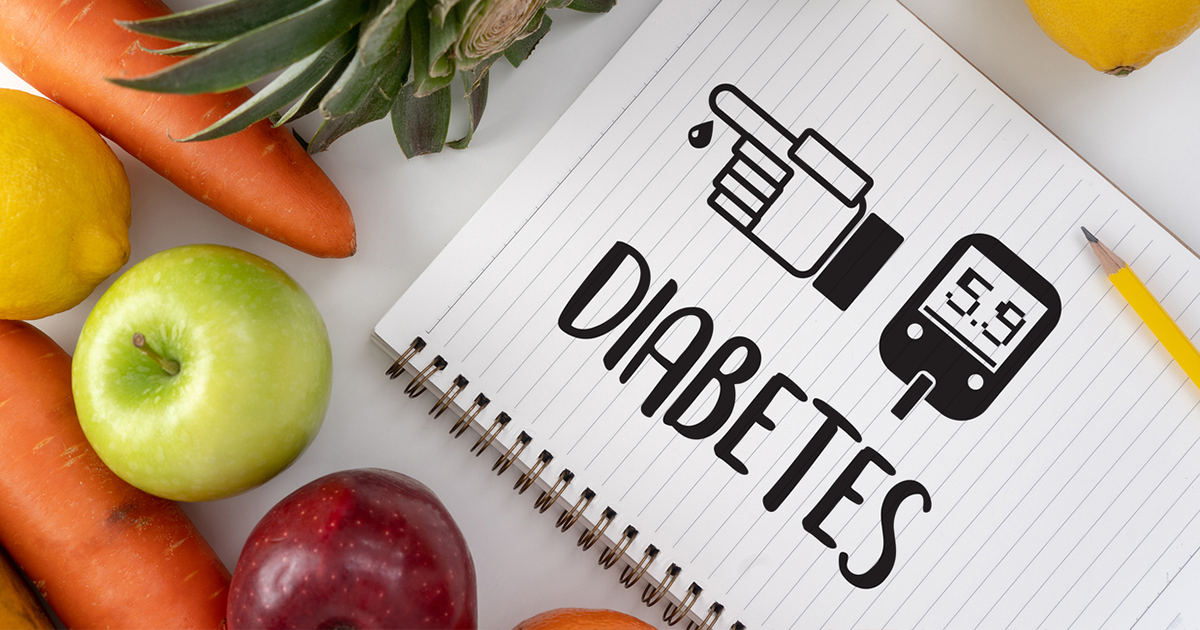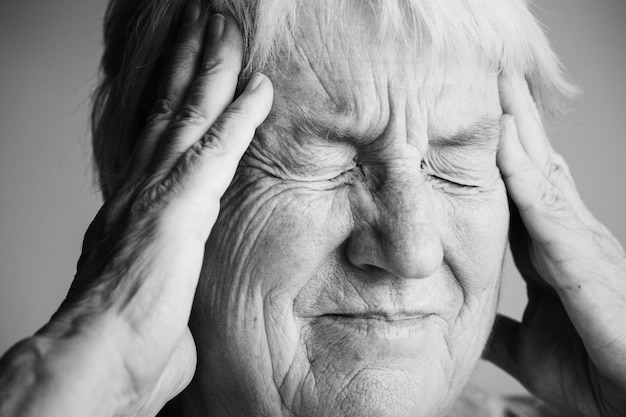Varieties of Aphasia

Aphasia is a condition that affects language. It occurs when parts of the brain involved with language and communication are damaged. People who have aphasia can have trouble with things like speaking, reading, or listening. It often comes on suddenly, due to something like a head injury or stroke and may also develop slowly over time from diseases like a tumour or a degenerative neurological condition.
Read more →
